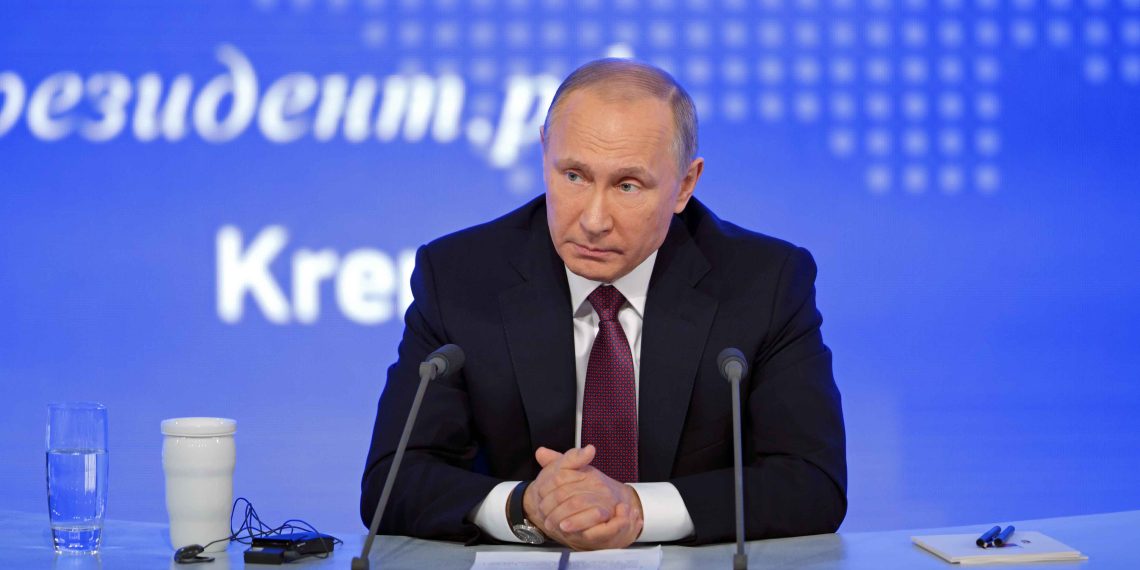Russian President Vladimir Putin recently suggested that certain NATO member nations might be contemplating closer ties with BRICS, a coalition led by Brazil, Russia, India, China, and South Africa. He described BRICS as a “prototype of free, non-aligned relations between nations,” drawing interest from various global powers.
During a speech to Russian experts, Putin speculated that NATO allies may increasingly consider joining the BRICS bloc. This follows Turkey’s interest in BRICS membership, as expressed by President Recep Tayyip Erdoğan, who views the alliance as an opportunity for economic collaboration rather than a departure from NATO. Speaking at the October BRICS forum in Kazan, Erdoğan highlighted the potential for mutual economic benefits and noted Turkey’s commitment to expanding its relationships with BRICS members.
Putin also expressed skepticism about NATO, describing it as a “blatant anachronism” under U.S. influence and suggested that the alliance primarily serves American interests. He then briefly discussed the situation in Ukraine, blaming the West for escalating tensions that led to the ongoing conflict. Putin reiterated that Russia was “forced” into the situation, criticizing Western narratives as promoting a “civilized” versus “barbaric” stereotype, which he deemed discriminatory.
This comes as BRICS recently expanded its membership, welcoming Saudi Arabia, Egypt, and the UAE alongside Iran and Ethiopia, boosting its economic and geopolitical influence. Other countries, including Turkey, Azerbaijan, and Malaysia, have also shown interest in joining BRICS, further signaling a shift towards multipolar global alliances.
In a surprising addition, Putin congratulated Donald Trump on his victory over Vice President Kamala Harris in the U.S. presidential election, adding that Trump’s intentions to restore U.S.-Russia relations merit attention. Kremlin spokesperson Dmitry Peskov noted that a conversation between Trump and Putin could occur before the U.S. presidential inauguration, hinting at a potential diplomatic shift.





















